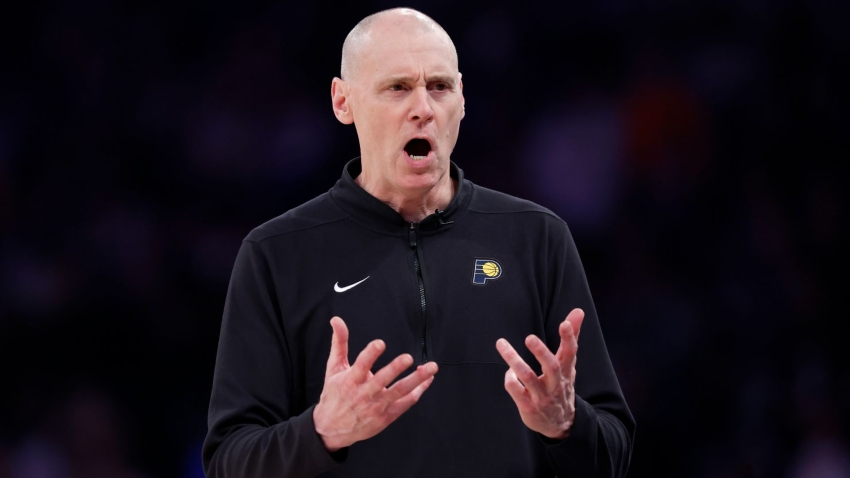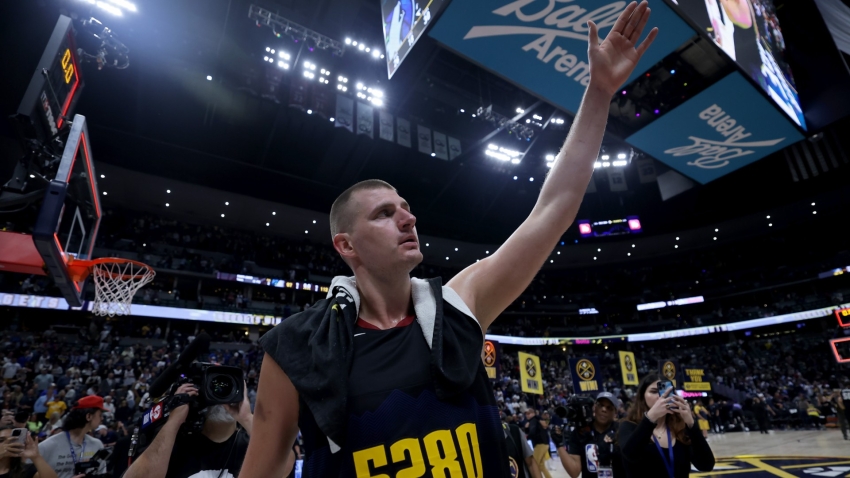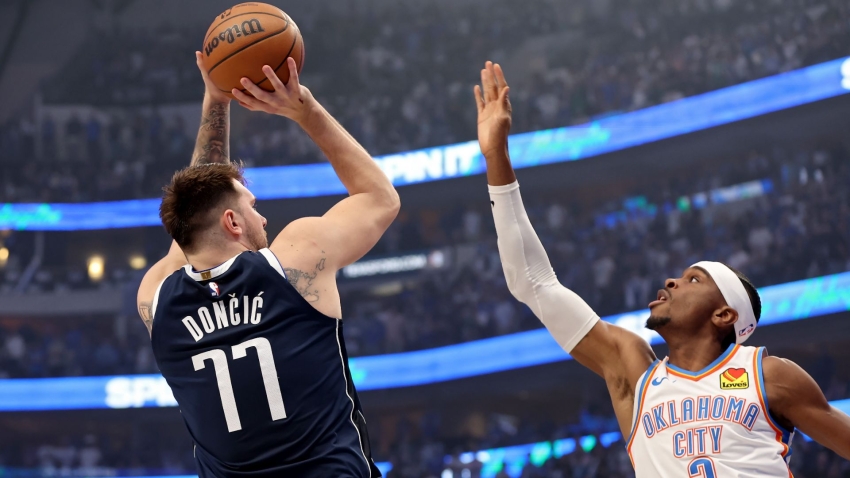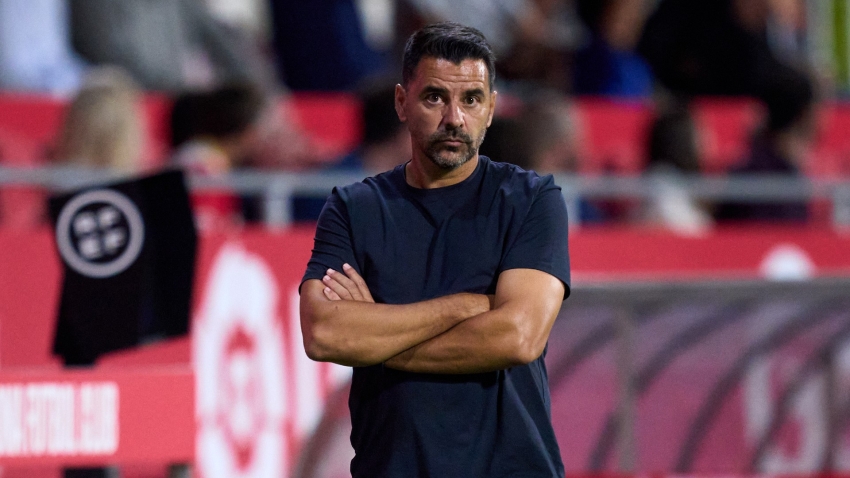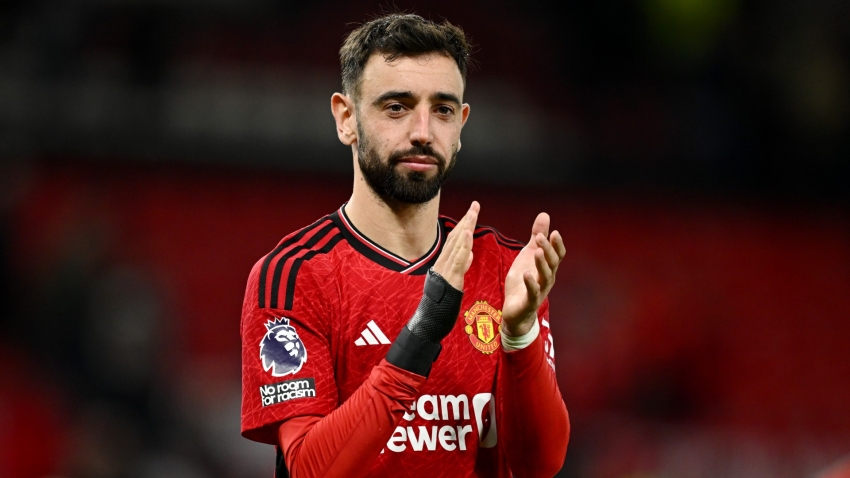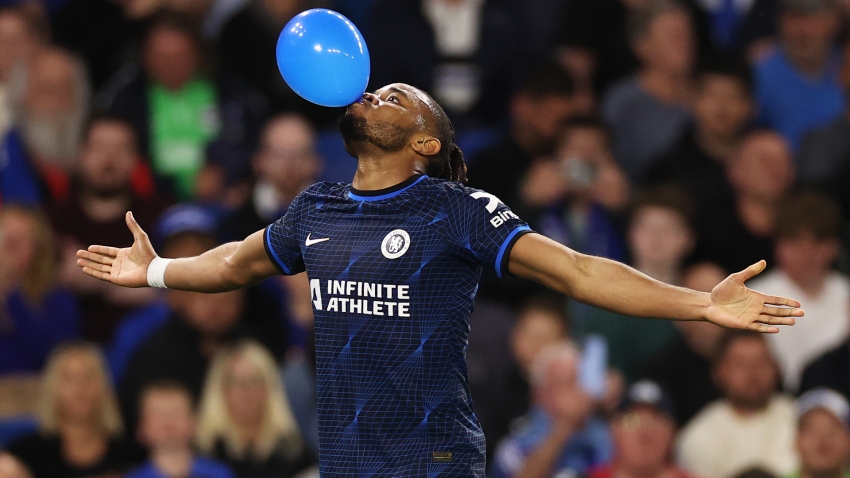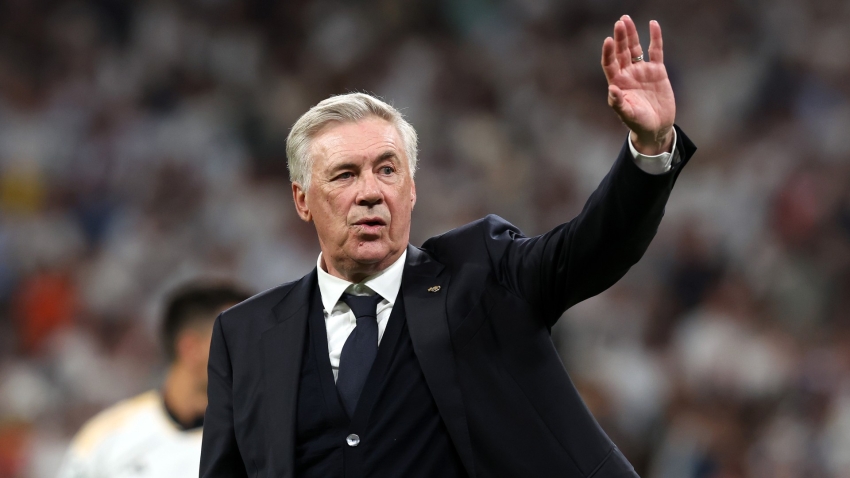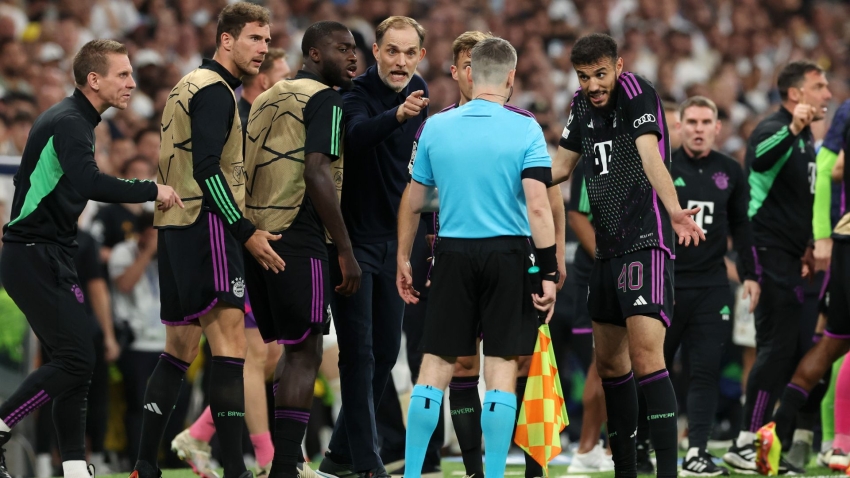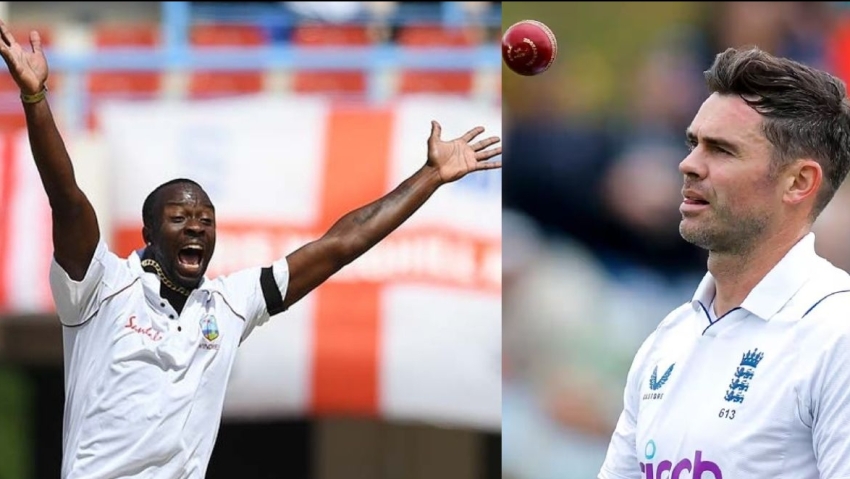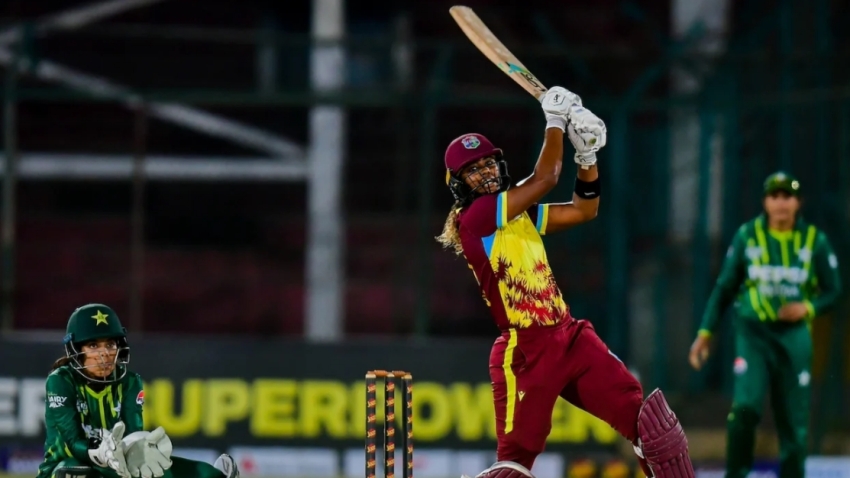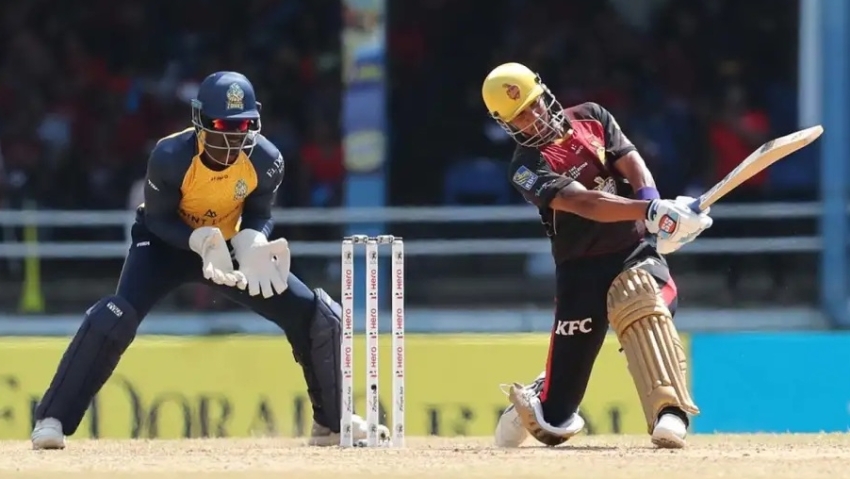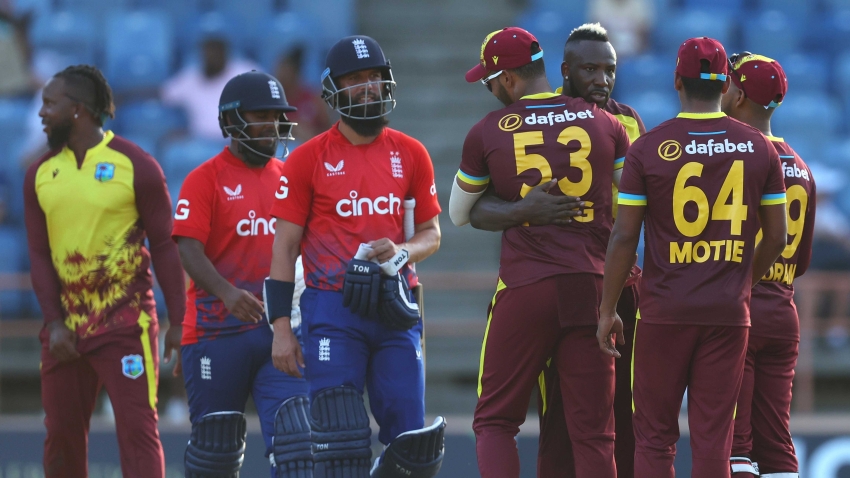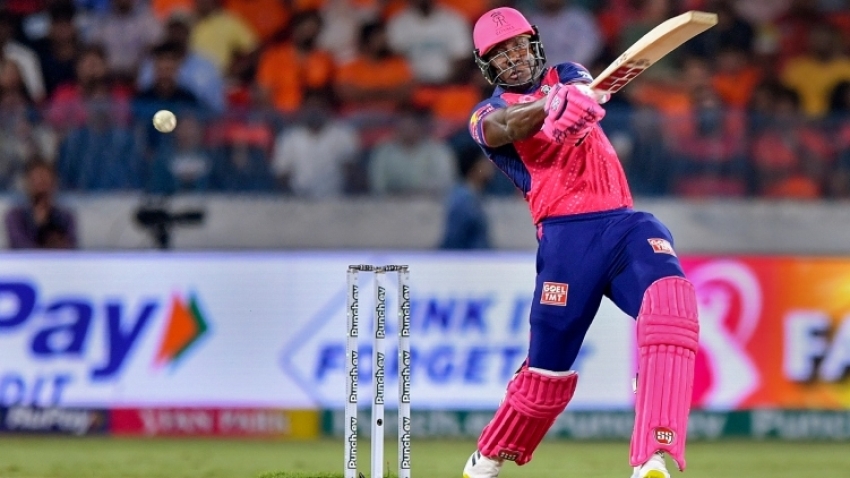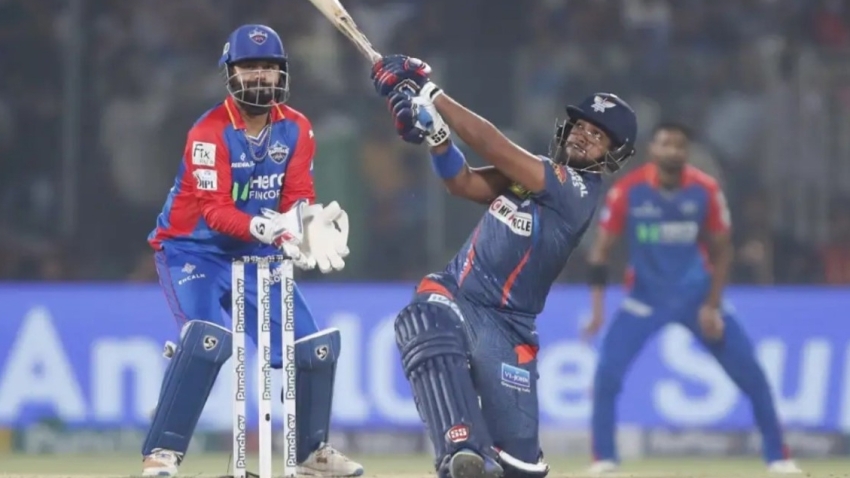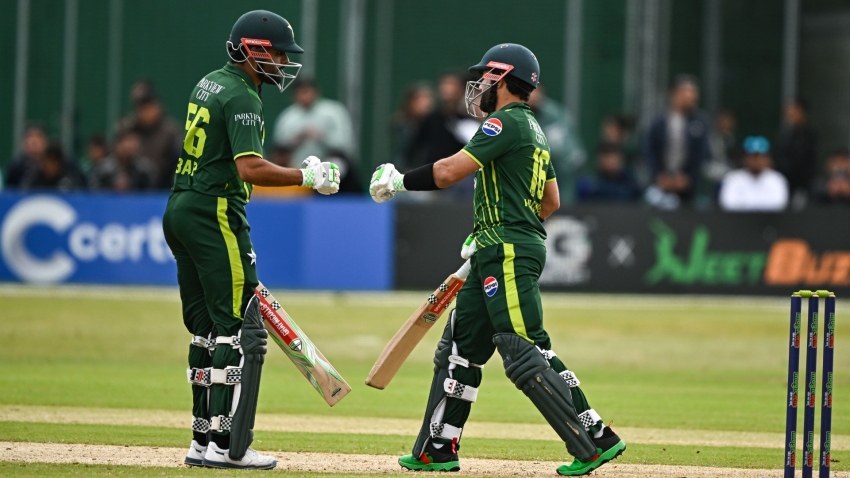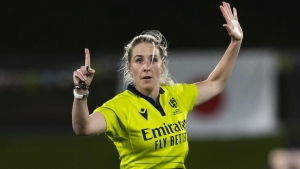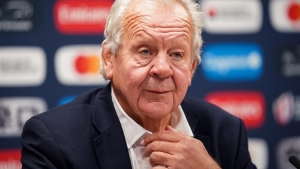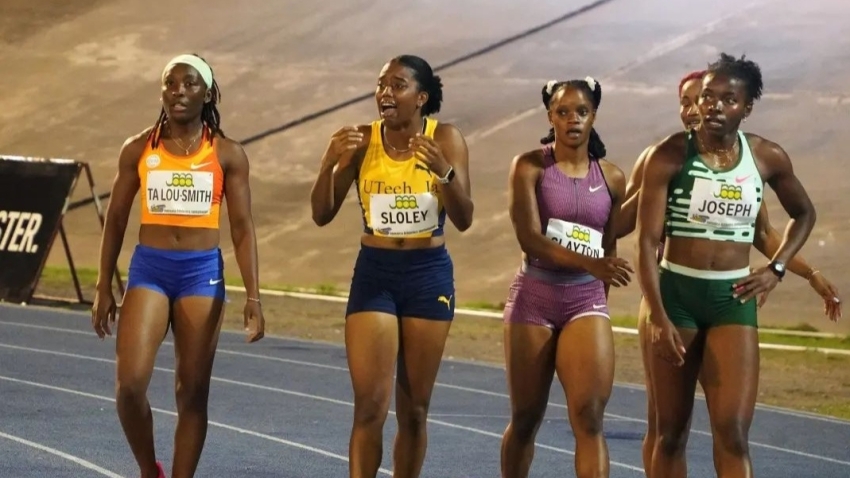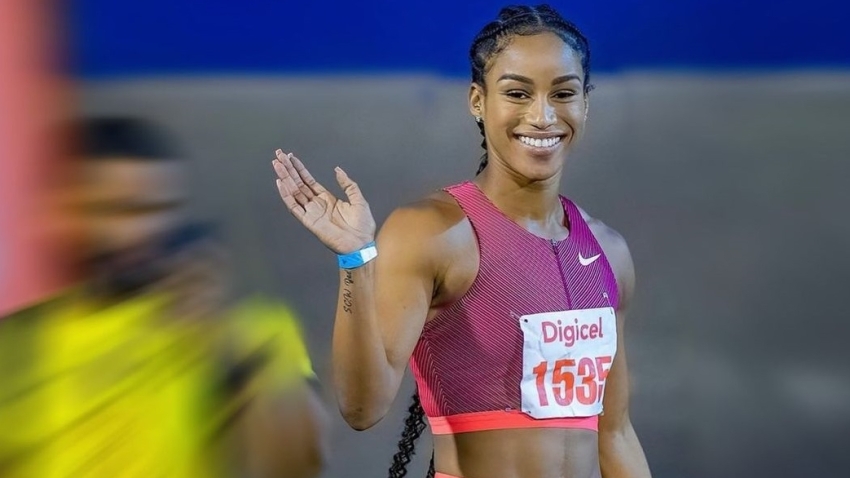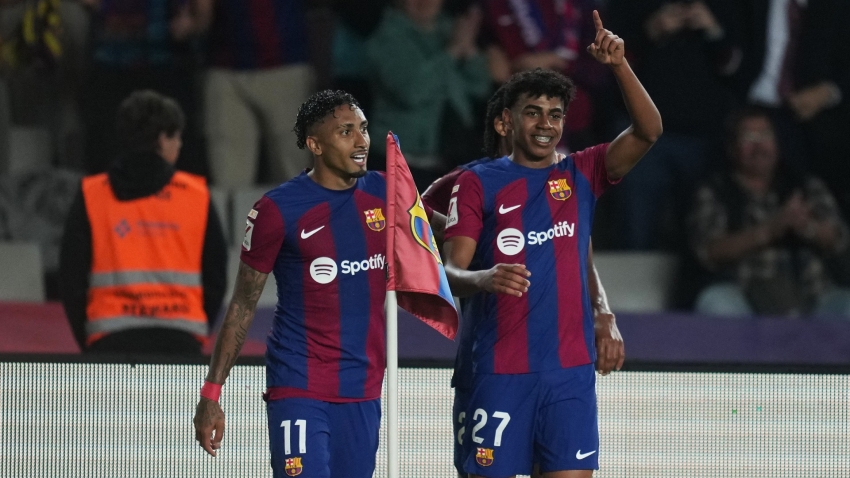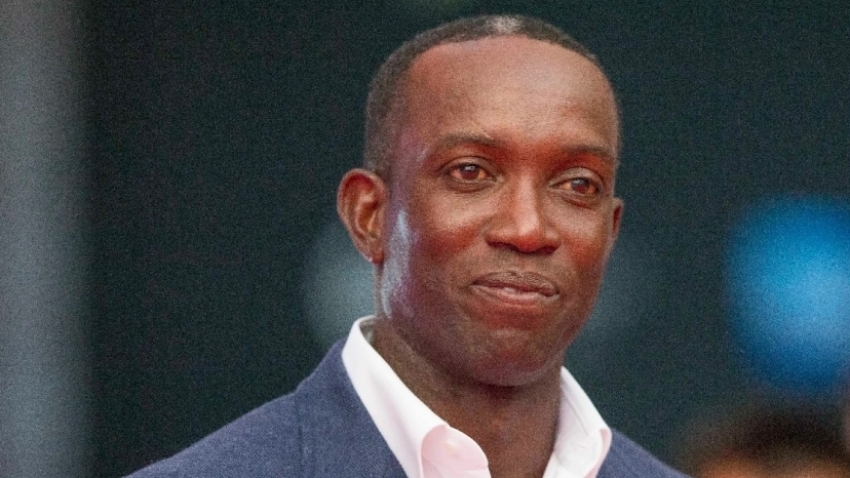Joy Neville believes it is “inevitable” that the historic feat of a woman refereeing men’s Six Nations and World Cup Test matches will be accomplished.
Neville, a trailblazer for aspiring female officials during her ground-breaking career as a referee, will exit the international stage after taking charge of Sunday’s Women’s Six Nations game between France and Italy in Paris, when the crowd will include her wife Simona and young son Alfie.
But while refereeing retirement beckons for the 40-year-old, she will continue to play a key role as World Rugby’s head coach for elite women officials in the 15s game.
Scotland’s Hollie Davidson this season became the first female assistant referee in a men’s Six Nations Test, while England’s Sara Cox has refereed in the Gallagher Premiership and South African Aimee Barrett-Theron is a regular on the United Rugby Championship circuit.
“It is going to happen and it will be a completely-deserved appointment,” Neville told the PA news agency.
“It is inevitable. The calibre of female referees that we have in place now is significant.
“I know a lot of the girls so well, how they work and I am just excited about supporting them further in ensuring they have the support to progress and help them achieve whatever goals they have in mind.”
Neville’s 11-year refereeing career began in a Limerick schools match at under-15 level and she can end it by looking back on numerous achievements.
She controlled the 2017 women’s World Cup final between England and New Zealand and was the first woman to referee men’s matches in European and URC competitions.
Neville also took charge of a men’s Rugby Europe Conference match between Norway an Denmark, while in 2017 she was named World Rugby referee of the year and last autumn became the first female to be part of a men’s World Cup officiating panel, working as a television match official.
And all that after an outstanding playing career that saw her win 70 Ireland caps, captain her country, play in two World Cups and win a Six Nations Grand Slam.
“I felt it was time to take a step away for family reasons,” Neville added. “Refereeing demands an awful lot of commitment and time away from home.
“And while I have enjoyed every single experience and I have learnt so much from the difficult moments and enjoyed the great moments, there comes a point that you realise it is time to enjoy a more normal lifestyle!”
Recalling how she became involved in refereeing, Neville said: “It was one or two days after I announced my retirement as a player.
“David McHugh (former international referee who worked for the Irish Rugby Football Union) called me and was coming to me with something that would demand even more time away and commitment.
“I had never for one second contemplated becoming a referee. When people retire from the game, they automatically think about giving back by volunteering, coaching and so on, but no one really properly considers refereeing.
“I would be lying if I said I didn’t find it difficult at the start, going into a new environment, learning a new skill, learning from my mistakes, understanding different people-management. To be honest, refereeing can teach you so much.
“Yes, I have had difficult moments, but I have learnt from them and learnt how to cope and deal with those situations.
“I remember I refereed my first professional game – Southern Kings versus Ulster in Belfast – and all the media attention was about the first female to referee a professional game and all I have ever tried to achieve was drop ‘the first female’. It is just a referee.
“Just make it the norm and thankfully I think we have broken down that door.”
World Rugby chairman Sir Bill Beaumont paid tribute to Neville ahead of her final game.
He told the World Rugby website: “As someone who continues to blaze a trail for aspiring female and male referees, we are delighted that Joy will be continuing to channel her experience, passion and expertise into helping our international match officials be the best they can be as World Rugby’s elite women’s 15s match officials head coach.”


